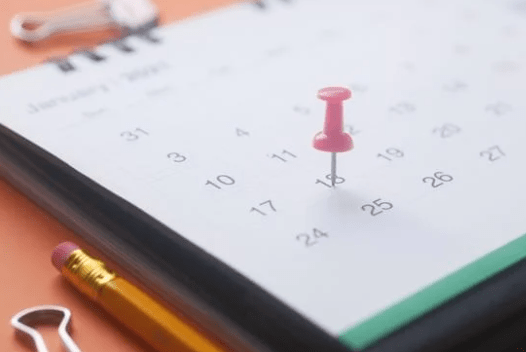
Table Of Contents
How to Win Your PTSD Claim
– Donnel Beckles, Managing VA Advocate, Veterans Help Group
Donnel Beckles is a top Veterans Advocate, and a member of the National Organization for Veterans Advocates. Donnel is accredited to practice VA law by the Department of Veterans Affairs. He has put his wealth of knowledge and expertise in VA disability law to work for thousands of disabled veterans and their survivors.
He’s sharing some of that knowledge here, with tips on how to put together a successful claim for veterans disability benefits for PTSD.
Your VA Disability Claim for PTSD
Many veterans suffer from post-traumatic stress disorder and it’s a common basis for veterans disability benefits. However, it isn’t always easy to prove your claim. PTSD isn’t presumed service-connected, and it doesn’t show up in a blood test, so submitting comprehensive evidence is key to a successful PTSD claim.
That means ensuring that you provide the VA with:
- Detailed medical records that support both your diagnosis and the severity of your condition. This should include the doctor’s grounds for the diagnosis, medications, or other treatment protocols your doctors have tried and what effect they’ve had, as well as symptoms and limitations.
- Buddy statements to support the in-service stressor. Friends who served with you may be able to provide information about the event that triggered your PTSD, which can help establish service connection–especially if the incident isn’t documented in military records. People in your life today, especially those who knew you before your PTSD, can help prove your condition is serious, and speak to the change in you.
- Get a strong nexus letter from a qualified medical professional. Since there’s no presumed service connection, you’ll need a medical opinion to establish the likely connection between the in-service stressor and your PTSD. A psychologist or psychiatrist is best because these specialties are competent to explain whether your traumatic event could have led to your PTSD.
- Be honest. That applies across the board. Don’t encourage those writing buddy letters to exaggerate your condition, and don’t get dramatic during your C&P exam or exaggerate your condition in your statement in support of your claim. Be clear and direct in response to every question.
While these tips will help you put together a stronger claim for veterans disability benefits for PTSD, the best step you can take is to get knowledgeable guidance. Gathering the right evidence, choosing the right people to write statements on your behalf, and obtaining a strong nexus letter can be tricky, especially if you have little or no experience with the VA disability claims and appeals process. Whether you’re just preparing a claim for the first time or you’re looking to appeal a denial or pursue a higher disability rating, Veterans Help Group is here for you. Just call 855-855-8992 or click here to contact us now.
For more than a decade, Donnel Beckles has been a leading voice for those seeking disability benefits from the Department of Veterans Affairs. Since 2016, he has led Veterans Help Group, one of the most successful VA disability advocacy organizations in the United States. He has helped veterans and their dependents secure tens of millions of dollars in benefits.

Are Disabled Veterans Eligible for TRICARE?
Are Disabled Veterans Eligible for TRICARE? Simply being a disabled veteran doesn’t necessarily...

Why Veterans Help Group Is One of the Best VA Disability Firms for Veterans
Why Veterans Help Group Is One of the Best VA Disability Firms for Veterans When veterans begin...

More Care, More Perks, Fewer Staff: Inside the VA’s Ambitious 2026 Budget
More Care, More Perks, Fewer Staff: Inside the VA’s Ambitious 2026 Budget The U.S. House of...





